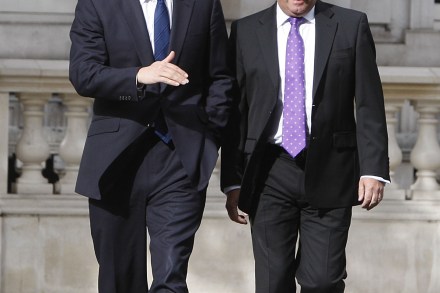Yvette Cooper: a better Balls?
One thing’s for sure: Iain Duncan Smith won’t pay much attention to Yvette Cooper’s article in the Times (£) today – but the public might, and that’s what makes it such an artful piece of opposition politics. The whole thing is structured as a letter to IDS and, crucially, the tone is conciliatory and cooperative. “You and I agree that we should get more people into work,” she begins, before eventually landing on, “you need to stand up and shout for this in government. We will support you if you do.” But underneath this sweet talk there’s a streak of malicious intent that comes straight from her husband’s political textbook.













